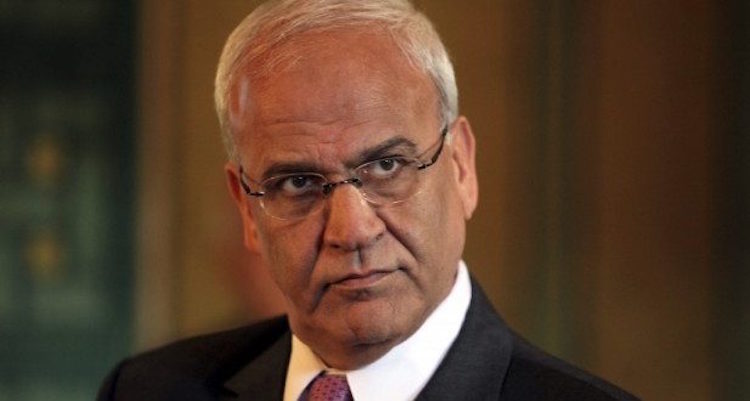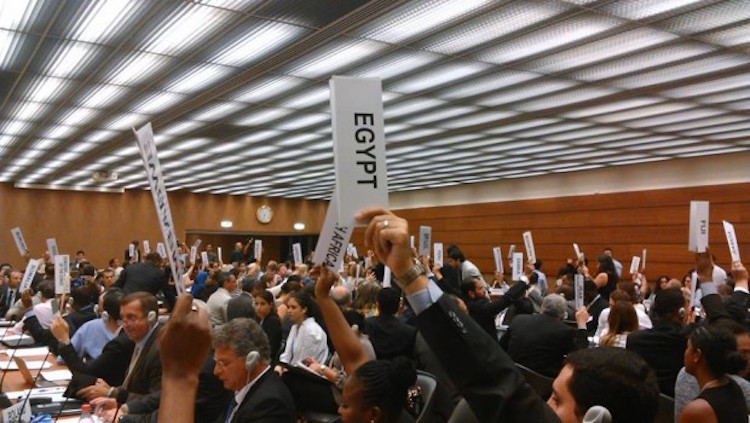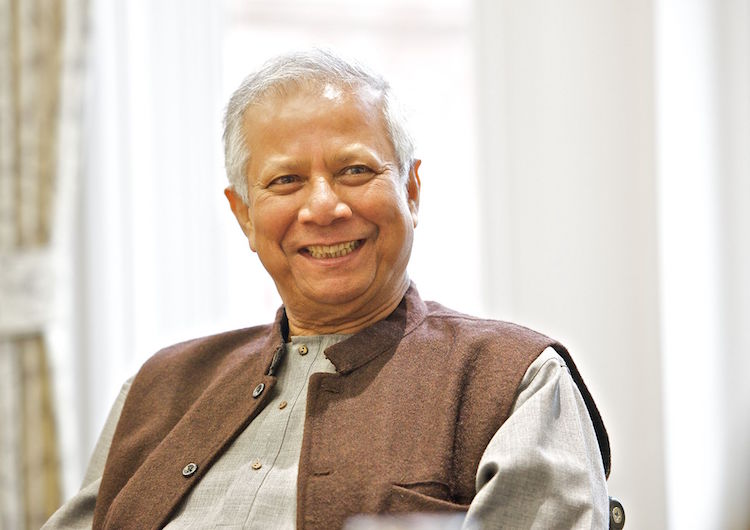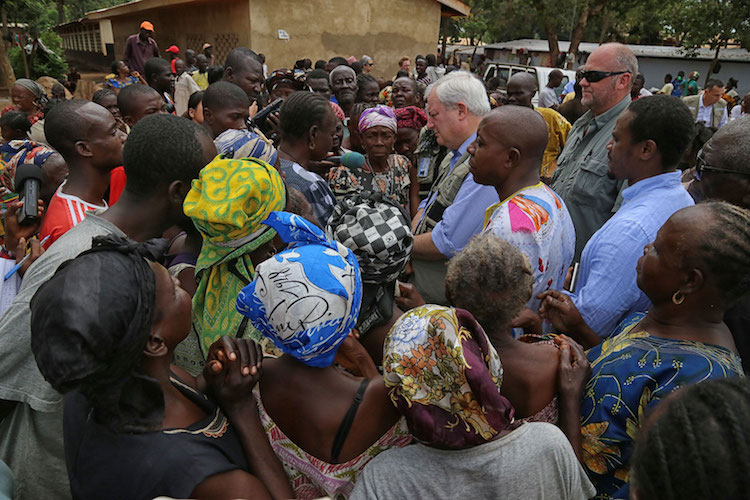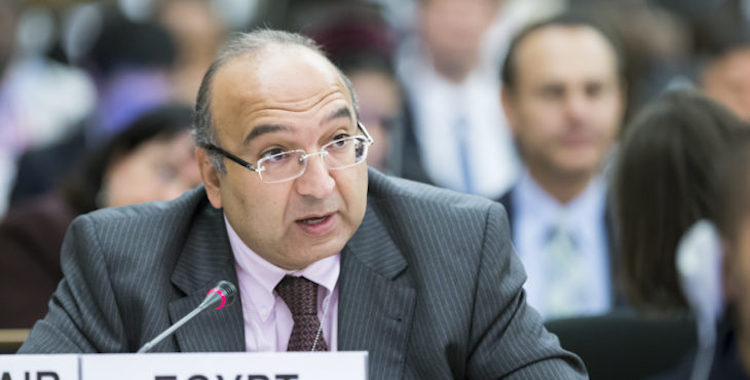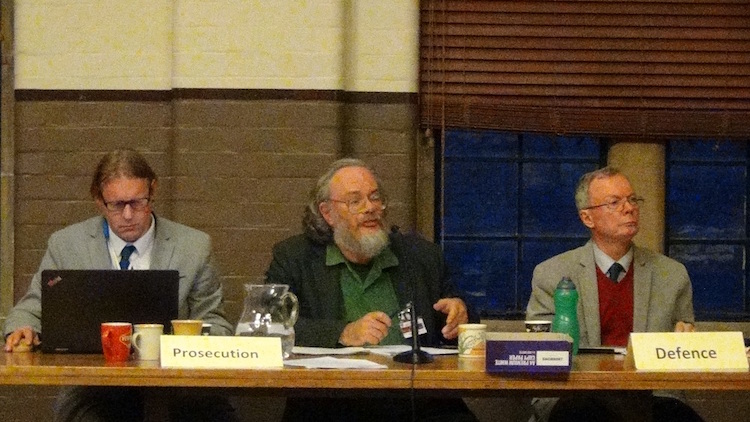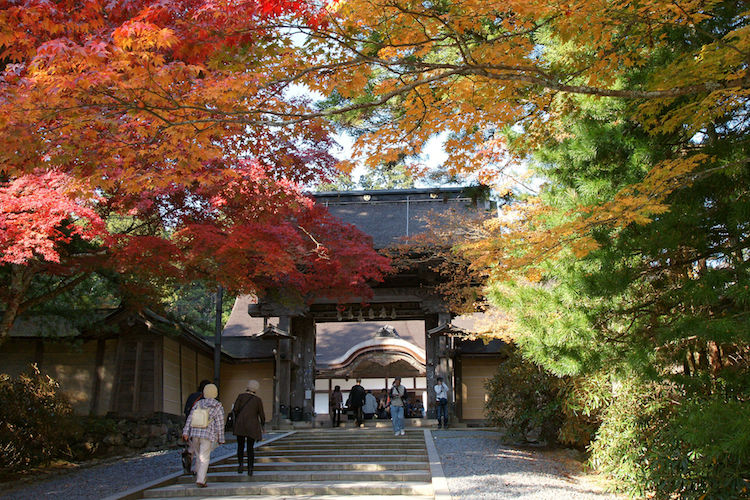Viewpoint by Dr. Saeb Erekat*
JERICHO (IDN | PNN) – Israeli government officials have announced further measures against nonviolent actions by civil society. During the First Intifada, the Israeli occupation authorities deported non-violent activists and tried to prevent any peaceful demonstration against the imposed and oppressive policies.
Nowadays, Israel, with some international support, is trying to quash a growing solidarity movement with the Palestinian cause for freedom and independence.

